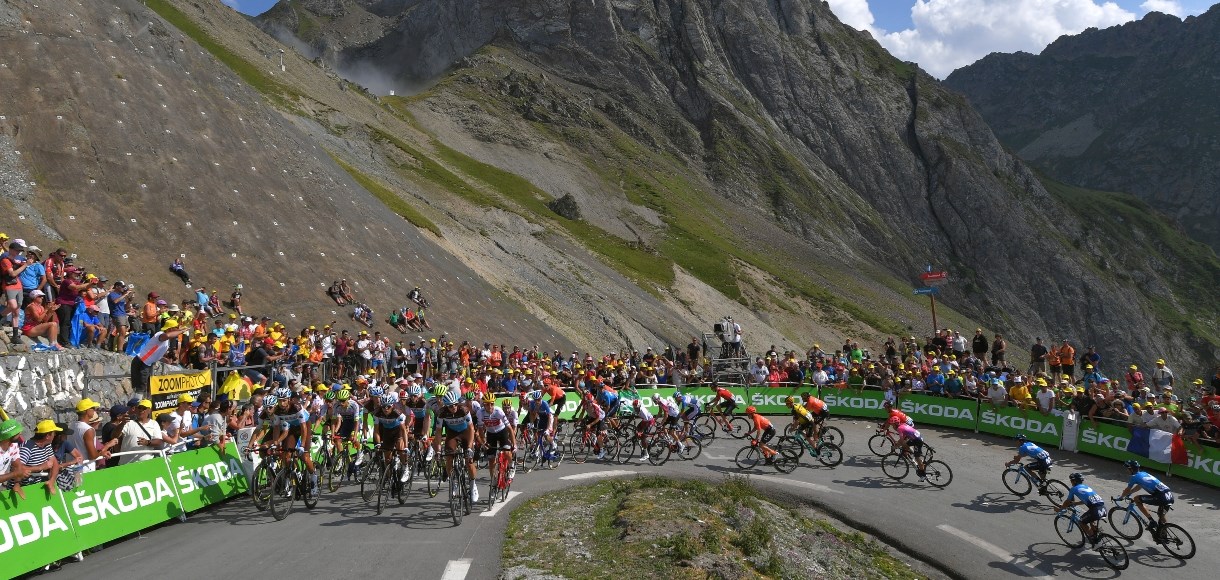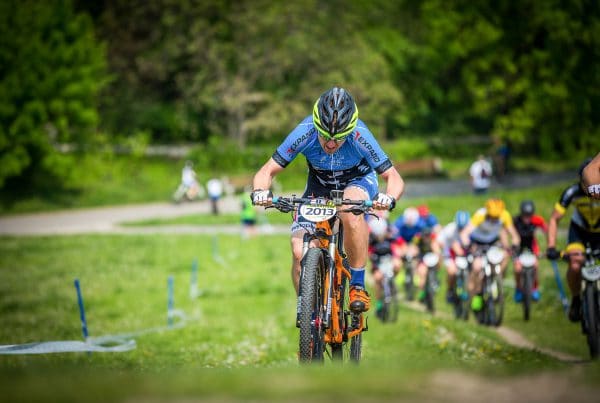Different sports have different durations of time. A football match lasts for about ninety minutes, a rugby match for eighty while a basketball game lasts for only forty minutes.
Having said that, it might be a startling fact to note that a single stage of the Tour de France can last for an astonishing duration of over six hours. However such long time durations are nothing new to veterans in the field, to whom it is simply just another game.
Difficulties:
Interestingly the role of a commentator can be very challenging in these types of situations. The responsibility falls solely on the shoulder of the commentators to fill in the long time gaps and to ensure that the attention span of the audience does not wither away. The onset and the closing of a particular day usually witness the most action. The middle gaps have to be filled in with rapt attention by the commentator. “Commentating on cycling is not like snooker or tennis,” says Carlton Kirby, a principal commentator for Euro sport’s cycling coverage, who has worked in the sport since 1996.
“In tennis, you never talk through a point because the crowd don’t. In certain sports, you have to respect the action, and then you comment on it. That makes for a really easy job, as far as I’m concerned.
“There are some other sports, like cycling, where the commentary has to be complete. There are no gaps – you might shut up for five seconds or so to listen to the crowd, but that’s it.”
Distractions and fan following of multiple types:
There is absolutely no shortage of distractions for a commentator. He has to face the directors in the ear, ensure that countless hours of gaps are filled in properly, deal with incoming radio announcements, all the while tackling a frenzy of a different kind with the action around him.
“Quite often you are talking while being handed a note, being spoken to by the director, and listening to race radio at the same time as well,” says Kirby.
“There’s an awful lot of distractions to keep on top of, so if you happen to be looking at your notes when somebody has a moment and you don’t see it, it’s not your fault.”
Kirby laughs. “But try explaining that to Cycling Weekly and their letters column.”
It doesn’t take much effort to understand what Kirby is referring to. There are multiple fan forums who constantly try to have him remove from Eurosport and even petition their demands on the grounds of ‘inane chatter’, ‘terrible jokes’ and ‘unnecessary screaming.’
But it is also true that there isn’t a dearth of genuine fans of Kirby who really appreciate his vast knowledge on the field. Kirby is not uncomfortable with the spurt of social media and the exponential increase of criticism that has gone alongside with it.
“It’s not like the written press where you can write something out and finesse it and shave it,” says Kirby. “I don’t have that gift. Once I’ve said something, a couple of hours later it’s hitting Saturn. It’s gone, it’s irretrievable.
“There is no editing process, except between brain and larynx. Once it’s out there you’re done, so you’ll just have to forgive me if I make the odd gaffe.”
Nature of commenting this year:
The current situation calls for the fact that Kirby will be covering the 2020 edition from the Eurosport studio in London. It is obvious that being on the site, that is France, is much more preferable but for a sport like cycling, the realities of commenting don’t change even if the commentator is located far away in a remote place.
“When you’re on-site, even though you’re there, you’re still watching a monitor,” Kirby says. “You’re at the finish line, essentially watching the TV – albeit with extra screens.”
However, that doesn’t mean that his job got much tougher or something. The sights and sounds accompanying a race and the rapt attention in a fully occupied press room ensure some priceless nuggets for the commentator.
“Being on-site gives you an awful lot of extra material,” he says. “Especially on a long transition stage, that material is going to be gold.
“If it’s one of those days where it’s going to end in a sprint and you need to cover 240km, then it’s going be a bit of a drag. The break’s going to go up the road, they’re going to be allowed anything up to 15 minutes of an advantage and everyone else is just having a chat – including us.”
“When you’re on-site, you get up in the morning, you feel the atmosphere, you get the buzz. Breakfast is all about what was said off-camera, picking each other’s brains.
“All the other commentators from all the other nations and all their information are in the same room, so you often get people saying: ‘Have you heard this?’, with loads of things to share. Info-wise, being on-site is amazing.”







